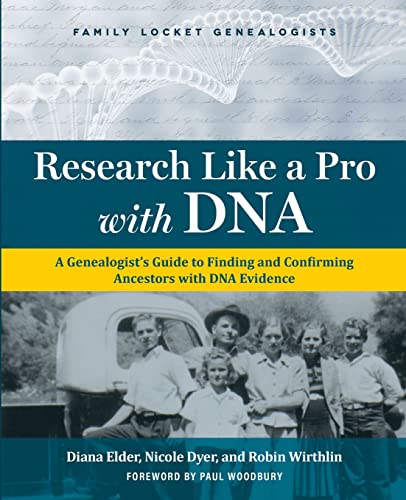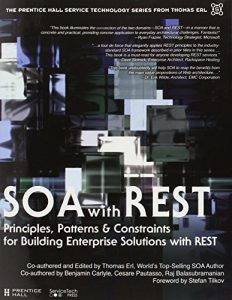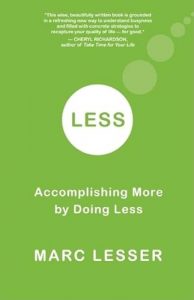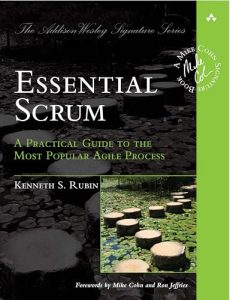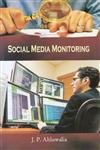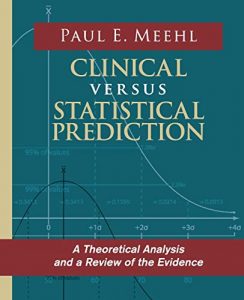Exploring the Depth of Genetic Research
The world of genetic research is like a vast ocean, deep and filled with hidden treasures waiting to be discovered. As our understanding of DNA continues to evolve, so does the literature documenting these groundbreaking developments. For genealogists, researchers, and anyone intrigued by the secrets encoded in our genes, the right books can illuminate the path forward. Whether you are looking to dive deep into scientific theory or understand its practical applications, the following selections will provide invaluable insights into the realm of genetics.
Today we will uncover a collection of highly recommended books that both educate and engage. From guiding genealogists on their ancestry journeys to exploring the ethical implications of genetic technology, these titles are essential reads for anyone passionate about genetic research. Let’s delve into these remarkable works!
1. Research Like a Pro with DNA: A Genealogist’s Guide to Finding and Confirming Ancestors with DNA Evidence
This book is a game-changer for genealogists seeking to integrate DNA evidence into their research. Authored by experienced genealogists, it expertly bridges traditional genealogy methods with modern DNA analytics. Readers are introduced to the essential tools and techniques necessary for confirming ancestral lines through DNA testing. It’s a practical roadmap replete with real-world examples that highlight the power of DNA in unraveling family histories. A must-have for anyone serious about genealogy and ancestry research, this book not only educates but empowers readers to take decisive action in their search for family connections.
2. The Family Tree Guide to DNA Testing and Genetic Genealogy
Step into the world of genetic genealogy with this comprehensive guide tailored for both beginners and seasoned researchers. This book demystifies DNA testing and provides actionable strategies for using genetic data to uncover family histories. It encompasses various testing types and explains how to interpret results effectively, making it an essential resource for anyone embarking on their own genealogical project. By integrating practical advice with clear explanations, the authors create an engaging narrative that guides readers through the exciting and sometimes complex world of DNA genealogy.
3. Advanced Genetics for Researchers: A Comprehensive Guide to Learn Advanced Genetics
This book serves as a vital resource for researchers looking to deepen their understanding of advanced genetic concepts. It covers intricate topics in genetics, such as gene editing and molecular genetics, with clarity and precision. The nuanced approach not only empowers researchers with knowledge but also instills confidence to apply this knowledge in real-world situations. Filled with case studies and illustrations, this comprehensive guide is an indispensable addition to any researcher’s library.
4. Mapping Fate: A Memoir of Family, Risk, and Genetic Research
This heartfelt memoir intertwines personal narrative with the complexities of genetic research. The author shares not only their journey through family discovery but also the trials and tribulations of navigating genetic risks. It provides a unique perspective that humanizes the often-sterile world of scientific research. This book is essential reading for anyone interested in the plight of individuals and families grappling with genetic predispositions and the ethical dilemmas they present.
5. Genetic Counseling Research: A Practical Guide (Genetic Counseling in Practice)
This practical guide is an essential resource for genetic counselors and researchers entering the field. It bridges the gap between theoretical knowledge and practical application, offering insights into the latest research methods in genetic counseling. Each chapter provides detailed guidance, making complex information accessible and comprehensible. This book is pivotal for professionals interested in advancing their understanding of the nuances of genetic counseling and research methodologies.
6. The Gene Illusion – Genetic Research in Psychiatry and Psychology Under the Microscope
In this thought-provoking book, the author examines the intersection of genetics and psychology, providing a critical analysis of genetic research within psychiatric studies. It’s a bold exploration that challenges readers to think critically about how genetics shape behavior and mental health. This book is recommended for those seeking to understand the complexities behind genetic influences, particularly within the realm of mental health.
7. Advanced Genetic Genealogy: Techniques and Case Studies
This book delves into advanced techniques and real-world case studies in genetic genealogy, making it an essential guide for genealogists looking to expand their knowledge base. It outlines various strategies for interpreting and leveraging genetic data to solve genealogical mysteries. The combination of practical applications and theoretical background ensures that readers are well-equipped to tackle challenging genealogical questions with confidence.
8. Using Population Descriptors in Genetics and Genomics Research: A New Framework for an Evolving Field
This consensus study report explores innovative frameworks for incorporating population descriptors in genetics research. It provides a scholarly yet accessible overview of evolving practices in genomics and highlights the importance of population-centered research. This book is important for advanced students and professionals looking to stay current in their understanding of genetics and genomics.
9. Minerals for the Genetic Code: An Exposition & Analysis of the Dr. Olree Standard Genetic Periodic Chart
This unique book explores the intersection of minerals and genetics, emphasizing how essential minerals impact genetic expression. It provides an informative exposition that links physical, chemical, and biological connections to the genetic code. This work is essential for anyone interested in the broader implications of genetics and wellness.
10. Environmental DNA: For Biodiversity Research and Monitoring
This book presents innovative methodologies for utilizing environmental DNA to assess biodiversity. It charts the course for conservationists and researchers alike, offering practical techniques and case studies that demonstrate the power of eDNA in understanding and monitoring ecosystems. Essential reading for anyone involved in environmental science and genetic studies.

